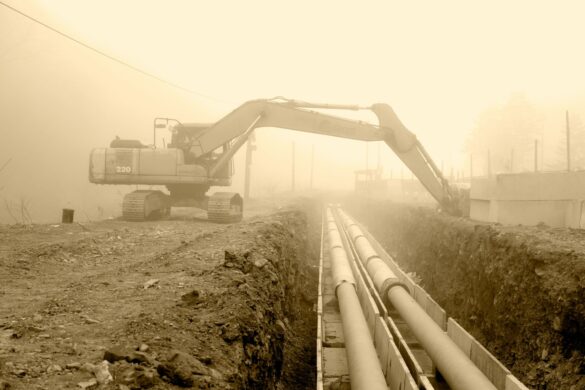Imagine a system where fuel moves swiftly underground, cutting hours off delivery times and saving millions each year—Bangladesh has just made that a reality with the inauguration of its first direct fuel oil pipeline from Chattogram to Dhaka, a move set to bring efficiency and reliability to the nation’s energy supply. On August 16, the Padma Oil Company’s Despas Terminal in Chattogram was the site where Mohammad Fauzul Kabir Khan, an adviser for the Ministry of Energy and Mineral Resources, made the official announcement of the opening of a 249.42-kilometer pipeline. marking a key step forward in modernizing how diesel and other fuels reach the capital and beyond. This project, handled by the Bangladesh Petroleum Corporation with support from the Bangladesh Army’s 24 Engineering Construction Brigade, stretches from Patenga in Chattogram through Feni, Cumilla, Chandpur, and Munshiganj to Godnail in Narayanganj, plus a shorter connecting line to Fatulla. Built at a cost of around Tk 3,653 crore, the pipeline features a 16-inch diameter main line and crosses 22 rivers and canals, with most sections safely buried under riverbeds for added durability. Before this, fuel was carried by over 110 vessels monthly along waterways, taking up to 48 hours per trip and costing Tk 326 crore yearly, but now it flows at 350 tonnes per hour, slashing delivery to just 12 hours and dropping expenses to Tk 90 crore, for annual savings of at least Tk 226 crore. Plus, system losses drop from 0.17 percent to a mere 0.05 percent, minimizing waste and curbing theft that plagued older methods. The setup includes nine pumping stations and a modern depot in Cumilla’s Barura upazila, along with new storage tanks in Narayanganj for companies like Padma, Meghna, and Jamuna Oil. Officials are thrilled, noting how this eco-friendly approach reduces pollution from loading and unloading, ensures steady supply even in bad weather, and frees up resources for other needs. Project Director Aminul Haque shared that successful trials moved millions of liters without issues, proving the system’s readiness for full operations. With a starting capacity of 2.7 to 3 million tonnes yearly, expandable to 5 million, it meets current demands of 1.5 to 2 million tonnes in Dhaka while paving the way for growth. The event also saw the adviser plant a tree and tour facilities, joined by BPC Chairman Md Amin Ul Ahsan, Energy Secretary Saiful Islam, and army leaders like Major General Hasanuzzaman. This pipeline isn’t just about moving fuel—it’s a boost for the economy, making energy more secure and affordable, and inspiring plans to extend similar networks elsewhere. By embracing this technology, Bangladesh is building a stronger, more sustainable energy future, where quick, safe transport supports businesses and communities alike, fostering progress and opportunity across the country.
Chattogram-Dhaka Fuel Pipeline Boosts Efficiency, Cuts Costs, and Enhances Energy Security
33


